“Mohammad Yunus is not only a Nobel laureate but also, on a personal level, an incredibly joyful and kind-hearted person. I know him closely, and he has always been a source of inspiration to me.”
This is how Jimmy Wales, co-founder of Wikipedia, spoke in an exclusive interview with RTV during a break at the Wikipedia conference held in Nairobi, the capital of Kenya. In his conversation with Delwar Hossain, in charge of RTV’s Digital Content and Mobile Journalism division, Wales said that although it is unfortunate to see Dr. Yunus facing such political challenges in today’s context, he remains hopeful that under Yunus’s leadership, Bangladesh will move towards a more peaceful and tolerant future.
In the interview, Wales recalled his brief trip to Dhaka in the past, where he had met with several Wikipedians in less than 24 hours. He mentioned that since Chief Adviser Dr. Yunus has invited him, he would like to visit Bangladesh again next summer with his family if possible.
Along with this friendly discussion, Wales also spoke about the global progress of the Wikimedia movement, the notable growth of the Bengali Wikipedia community, and offered encouraging guidance for new Wikipedia editors in Southeast Asia. He further emphasized the activities and future prospects of Wikimedia Bangladesh Chapter and highlighted the importance of Wikipedians’ impartial role in today’s age of misinformation.
Here is the full interview for RTV Online readers.
Rtv: What is your perspective on the current state of the Wikimedia Movement globally?
Jimmy Wales: "I`m here at Wikimania in Nairobi, and it`s really exciting to see this amazing group of very excited Wikipedians from the Bangla Wikipedia. Thank you all for coming. You`ve got these great shirts. Hold on, I`m going to pull you in. Look at these great shirts. Fantastic. So we`re having a lot of fun in Wikimania. Everybody stay busy. Edit a lot.
All over the world, people are editing Wikipedia from big languages to very, very small languages. Somewhere in the middle would be a language like Bangla — a lot of speakers, but it`s sort of a small wiki, though growing very quickly, and it`s very exciting.
So hopefully in a few more years, if we`re almost 25 years, maybe in the next 25 years, we`ll fully realize our dream of a free encyclopedia for every single person on the planet in their own language."
Rtv: What advice would you offer to Wikipedians in Southeast Asia as they continue to grow and contribute?
Jimmy Wales: "I think one of the key pieces of advice I have for a growing language community of Wikipedia is really think about those newcomers. People come in and maybe they make one edit and then they don`t come back, or they come back maybe a couple of times. You`ve got to really greet them and make them feel welcome.
It`s very useful. Someone makes one small edit, and you pop on their talk page and say, `Oh thank you, it`s so nice to meet you. You edited about this. Did you meet so-and-so, who really knows about this topic?` You don`t know what they might like, but it really helps to show people the human side of Wikipedia."
Rtv: You once visited Bangladesh, and the country’s Chief Advisor Dr. Muhammad Yunus is known to be a personal friend. Would you like to share any experiences for Bangladesh?
Jimmy Wales: "Yeah, you know, it`s really interesting. So Muhammad Yunus is a friend of mine. He`s always been an inspiration. When you know him personally, he`s such a joyful and kind person, and of course a Nobel Peace Prize winner.
But in the current political situation, he`s sort of been dragged into this, and I`m really hopeful that he will sort of see Bangladesh to a next level. I have no opinion about politics in Bangladesh except my main opinion is peace, thoughtful people working together, and I have great hope for the future.
I think we all have a lot to learn from conflict resolution. And I actually think we have a role to play in a world full of misinformation, disinformation, and political activism. No, we`re the Wikipedians — we`re very calm. We just talk about the facts. We try to be neutral. I think we can be an inspiration to maybe journalists who should know better.
When I visited Bangladesh, in many ways it was a terrible trip. Not because anything bad happened to me there, but because I could only stay for less than 24 hours. I basically came in, I saw you, I saw a few Wikipedians, and then I had to go home. So I really want to come back. Of course, Professor Yunus has invited me to come, so I might come with my family next summer. I`m not sure, but we`re going to try."
Rtv: As a recognized chapter, what guidance would you give to Wikimedia Bangladesh and the Bengali Wikipedia community in terms of growth, sustainability, and global collaboration?
Jimmy Wales : "Yeah, I mean, so for chapters, I think you can do a lot in representing your language and representing the Wikimedia movement, especially with dealing with the media. That`s always complicated, but to the extent you can explain us to them so they don`t write weird negative stories.
Also, to the extent you can make partnerships with galleries, libraries, archives, museums, universities. So people say, `Oh no, this is not crazy social media. This is actually something thoughtful and kind.`
So chapters form a key part of that. Because normally volunteers who are just editing Wikipedia, they don`t really have any way of making a partnership with a museum. I mean, sometimes people do — that`s great — but it`s much easier for a chapter to do it. And so that`s really what`s so great about having a chapter."



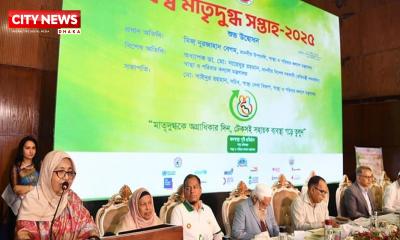
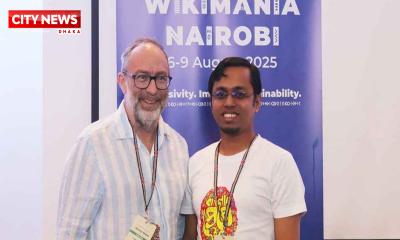
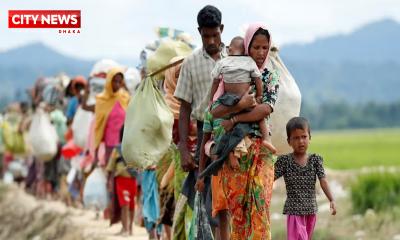
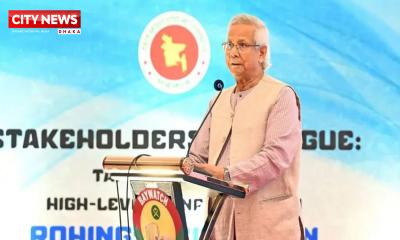
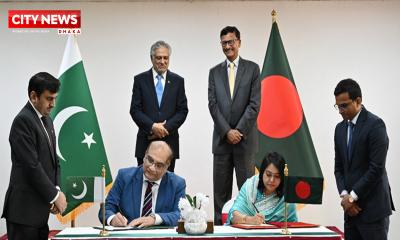
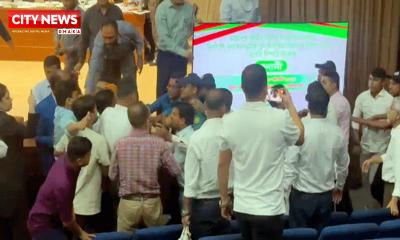
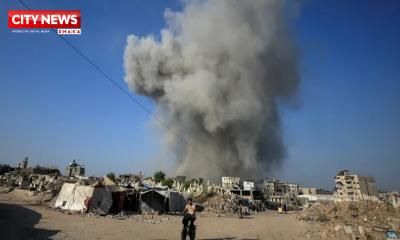
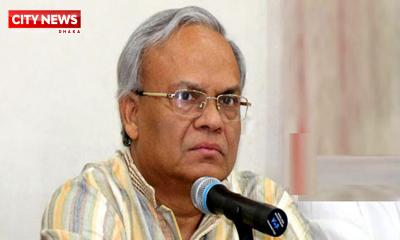
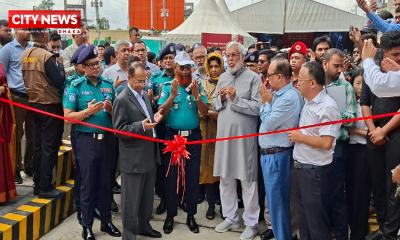
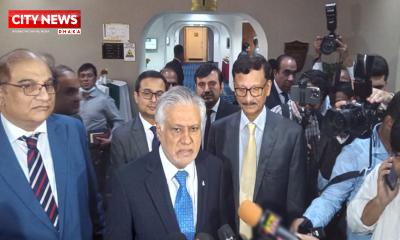
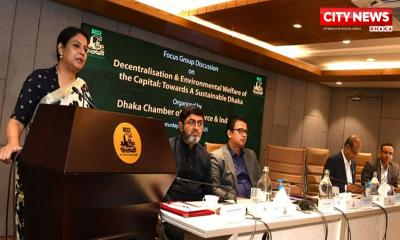
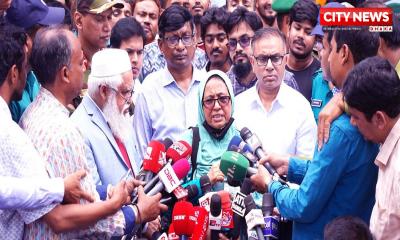
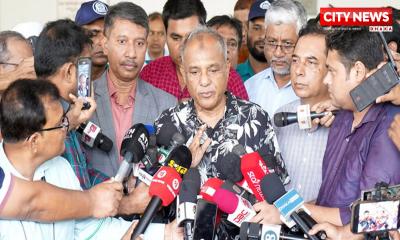
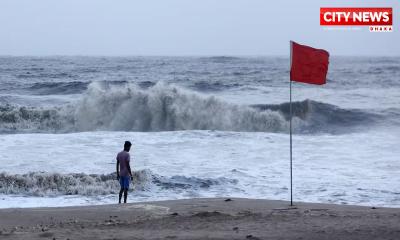
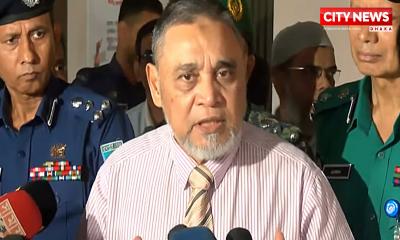
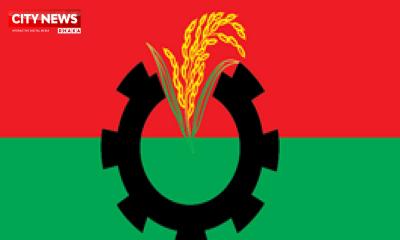
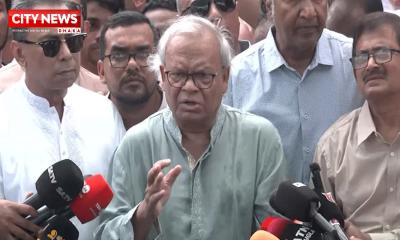
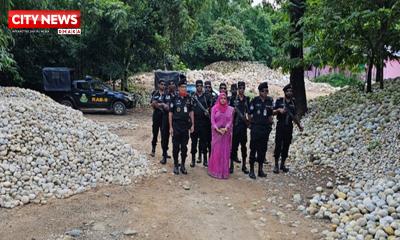
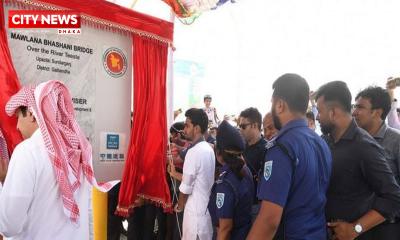
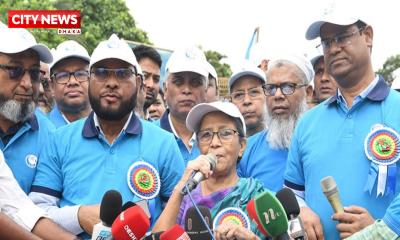
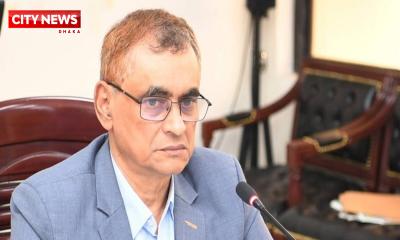
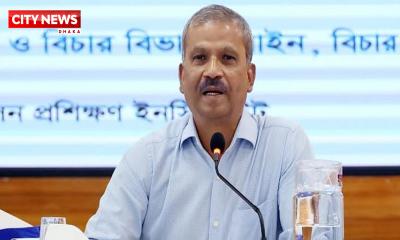
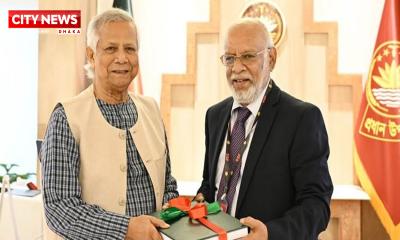
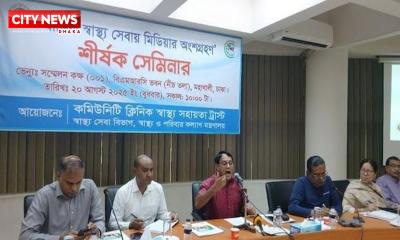
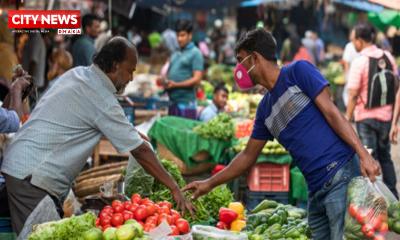
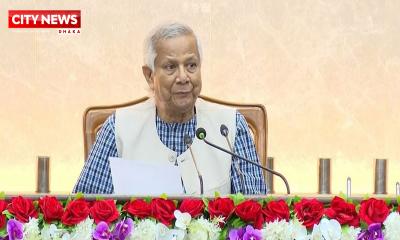
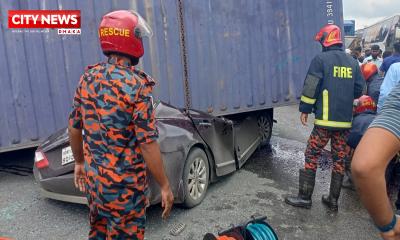
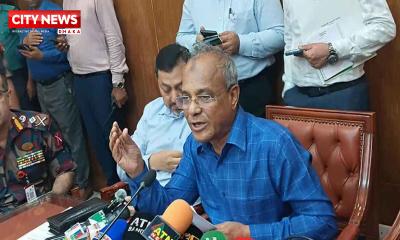
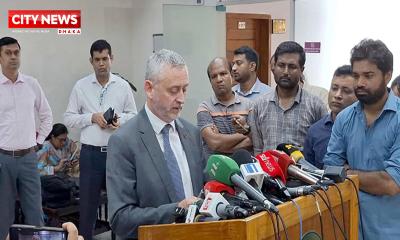
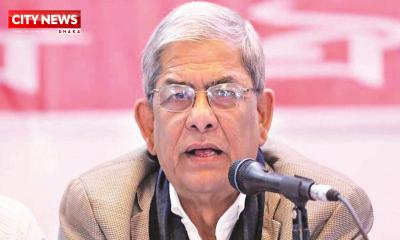
Comment :